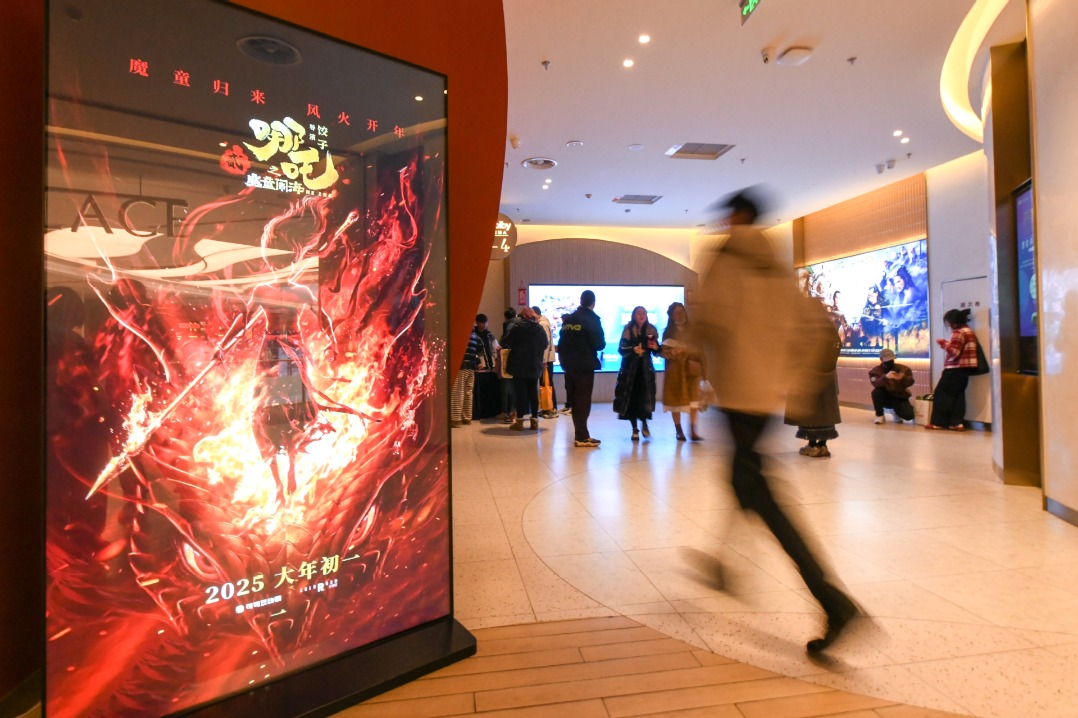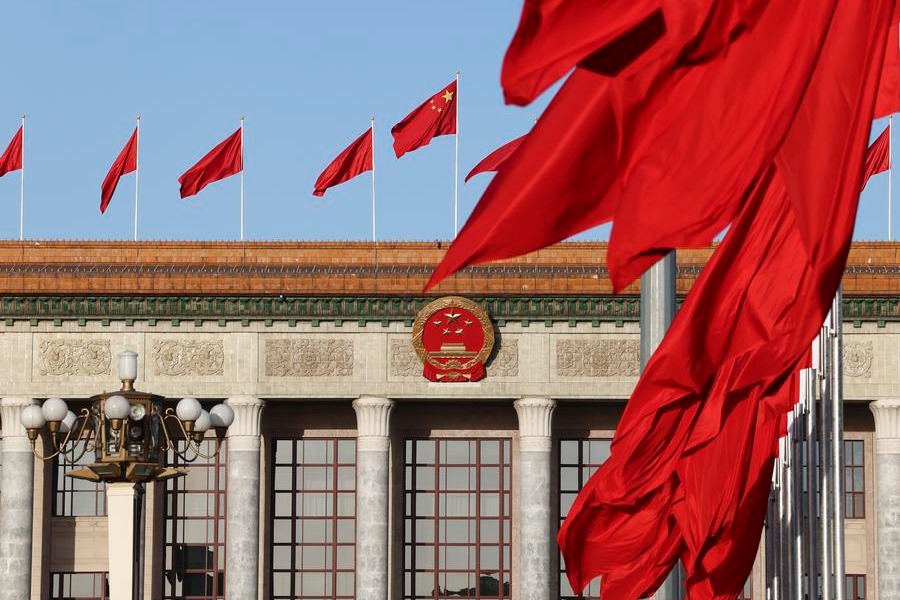COVID-19 isn't the only factor in market turmoil


Global financial markets, especially those in Europe and the United States, have gone through turmoil, and COVID-19 was the trigger.
There are three reasons for the turmoil, with the first being the novel coronavirus outbreak. The second is the oil price crash, which followed the collapse of negotiations between countries in the Middle East and Russia. Low oil prices tend to lower pressure on inflation rates as well as interest rates.
The third reason is that stock markets, especially US stocks, had experienced a bull run for 11 years, and their valuation ratios were at a relatively high level.
The S&P 500 Index, the stock market index that measures the performance of 500 large companies listed on stock exchanges in the US, has more than tripled, from around 750 points in 2009 to about 3,300 early this year.
The valuation ratios of US stocks were at their 90th percentile historically. US investor Warren Buffett's company underperformed on the S&P 500 in 2019. He had found it difficult to spot good stocks that were undervalued.
After Buffett's company had underperformed on the S&P 500 in 1999, US stocks had experienced a bearish trend.
There are two scenarios in such a market: optimistic and pessimistic. In an optimistic scenario, the market will be typically bearish, which means it would drop by about one-third. On March 23, the S&P 500 closed at 2,237, a drop of almost one-third from the highest level.
In a pessimistic scenario, the drop might be even steeper.
A part of the decline was caused by the fact that many people and governments initially overlooked the threat of COVID-19.
However, that situation has largely changed. Some states in the US have now declared a state of emergency.
With governments of various countries having paid adequate attention, eventually there will be a way to contain the outbreak. We have already seen relatively successful cases of control in China and Singapore.
It seems that wearing masks, quarantining of patients with mild or no symptoms, and relentless testing have played an important role in combating the virus in China.
While there is no cure or vaccine at the moment, we have seen reports of successful use of certain drugs and progress on the vaccine front.
However, the impact of COVID-19 is more likely to be a short-term one. It is hard to believe it can cause permanent damage to more than 30 percent of the world's economy.
Compared with the foreign stock markets, the Chinese stock market valuation is at a relatively low level, probably due to deleveraging in the past few years.
This means that A shares-shares of companies based on the Chinese mainland and traded on two Chinese stock exchanges, Shanghai and Shenzhen-are more resilient than those on other stock markets, and the risk of a sharp decline is relatively small.
In a pessimist scenario, the Shanghai Stock Exchange Index could fall to around 2,500 points, but the room for decline is relatively small.
On the bond market, the interest rates in the US are at a low level not only in the short term, but also in the medium and long term, and there is limited room for operating monetary policy.
We are in a situation that has not been seen for decades. The market turmoil has reflected that.
While things might get worse before they get better, we need to keep in mind that we have emerged from all bear markets in the past, and this time won't be different.
The author is a professor of finance at Fudan University's Fanhai International School of Finance.The views do not necessarily reflect those of China Daily.
































